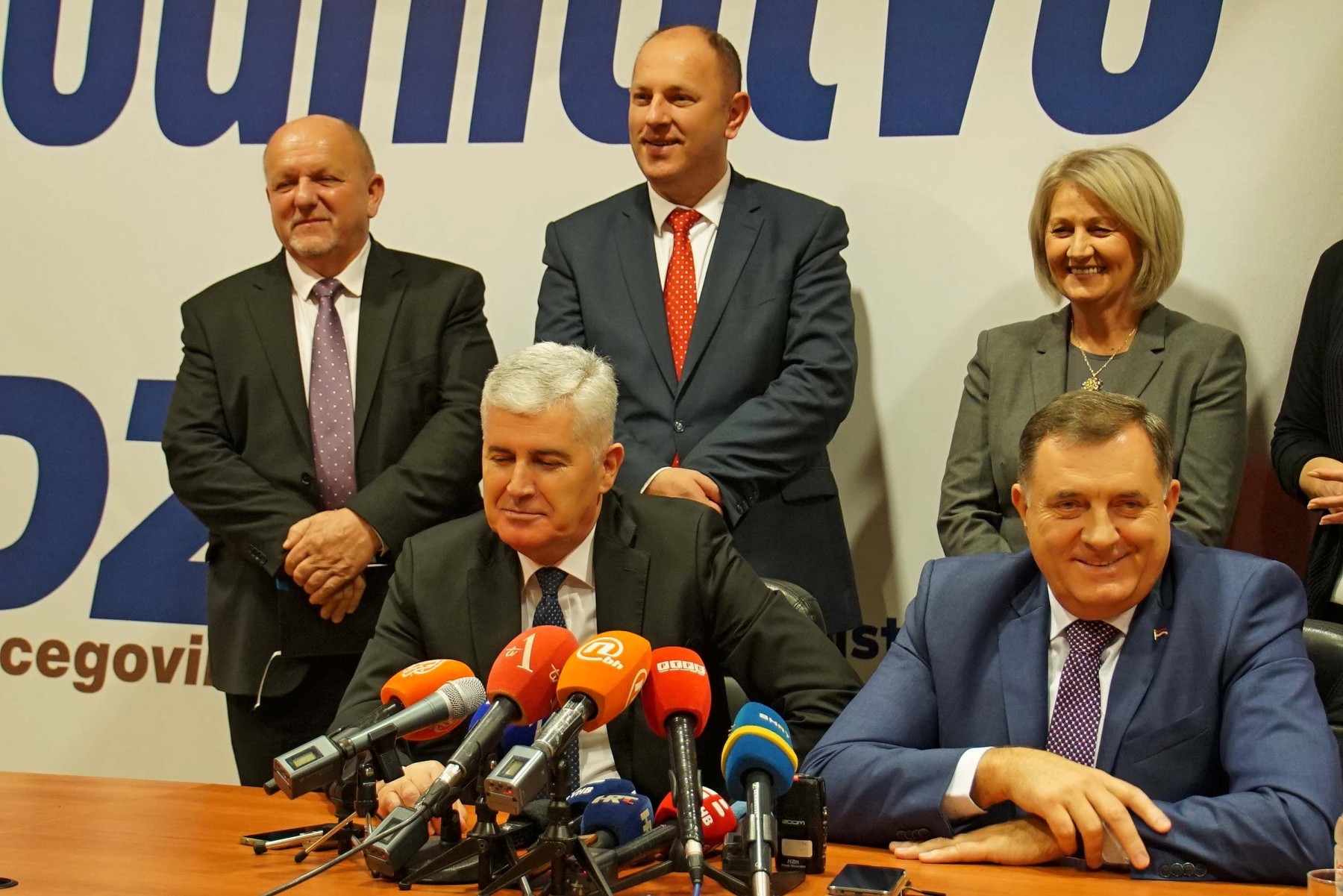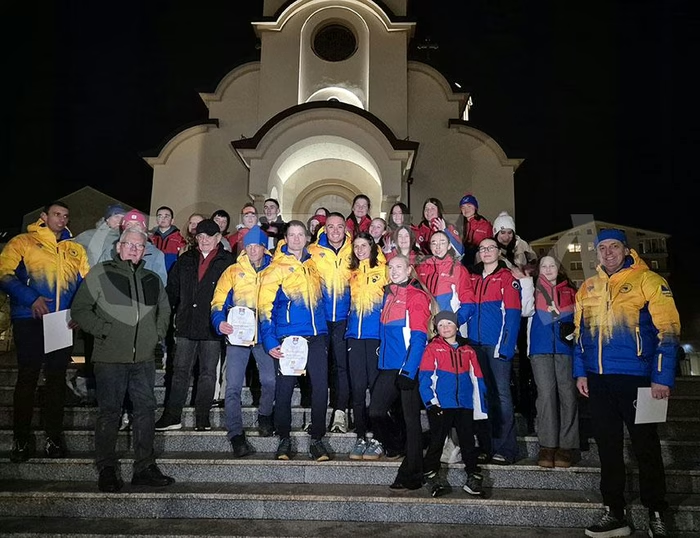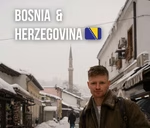
It is about time to form the Council of Ministers and the agreement seems to be near, Bosnian Croat leader Dragan Covic said following the meeting with Milorad Dodik, the leader of the main Serb party, the Alliance of Independent Social Democrats (SNSD), in Mostar on Friday.
“I will be too optimistic again but I strongly believe it is about time to form the Council of Minister of Bosnia and Herzegovina. It seems like we're not too far from that,” said Covic, the leader of the strongest Croat party, the Croat Democratic Union (HDZ BiH).
But, it remains unclear what was the ground for his optimism.
Bosnian Croat and Serb leaders met a week after another Mostar meeting, which involved Covic and Bakir Izetbegovic, the Bosniak leader, who discussed the ongoing developments focusing on the formation of the state-level government, formally known as the Council of Ministers.
The government formation has been an open issue for more than a year after Bosnia held its general elections, mostly due to political disagreements on Bosnia's NATO road.
Covic made it clear during the meeting with Izetbegovic that his party was supportive of the NATO membership but doesn't want to link the appointment of the Council of Ministers Chairman with the NATO i.e. Bosnia's first Annual National Programme (ANP), the document that contains the guidelines for reforms that the Alliance want the country to implement.
“And this is where we disagree,” the Bosniak leader said after the last week's meeting.
But, in this part, the Croat leader agrees with Dodik. In addition, the Serb leader neither wants to link the government formation with the NATO nor he supports the NATO road in general.
“It is my belief that the issue of the Annual National Programme was placed to prevent some other issues,” said Dodik adding that the matter of the Council of Ministers' formation has become “tiresome.”
Dodik represents the Serb-dominated Bosnia's region, Republika Srpska (RS), whose parliament adopted in 2017 a resolution on military neutrality, thus not supporting further steps Bosnia might make towards the NATO membership.
On the other side are the Bosniak and Croat leaderships, who generally support the road to the alliance. The two ethnic groups are concentrated in the Federation, the other of Bosnia's two semi-autonomous regions.
“I would like to be optimistic as much as Dragan is, but I believe that these from Sarajevo are constantly working on prevention of progress,” he said adding that the meetings taking place in Bosnian capital are tiring him. “Those are the least productive places I've ever been to in my life.”
In the 2018 general election, Dodik was elected the Serb member of Bosnia's tripartite Presidency, seated in Sarajevo, and his party as the election winner in the RS and among the Serb people is to appoint the Chairman of Bosnia's Council of Ministers, also seated in the country's capital city.
Kakvo je tvoje mišljenje o ovome?
Učestvuj u diskusiji ili pročitaj komentare





 Srbija
Srbija
 Hrvatska
Hrvatska
 Slovenija
Slovenija



























































